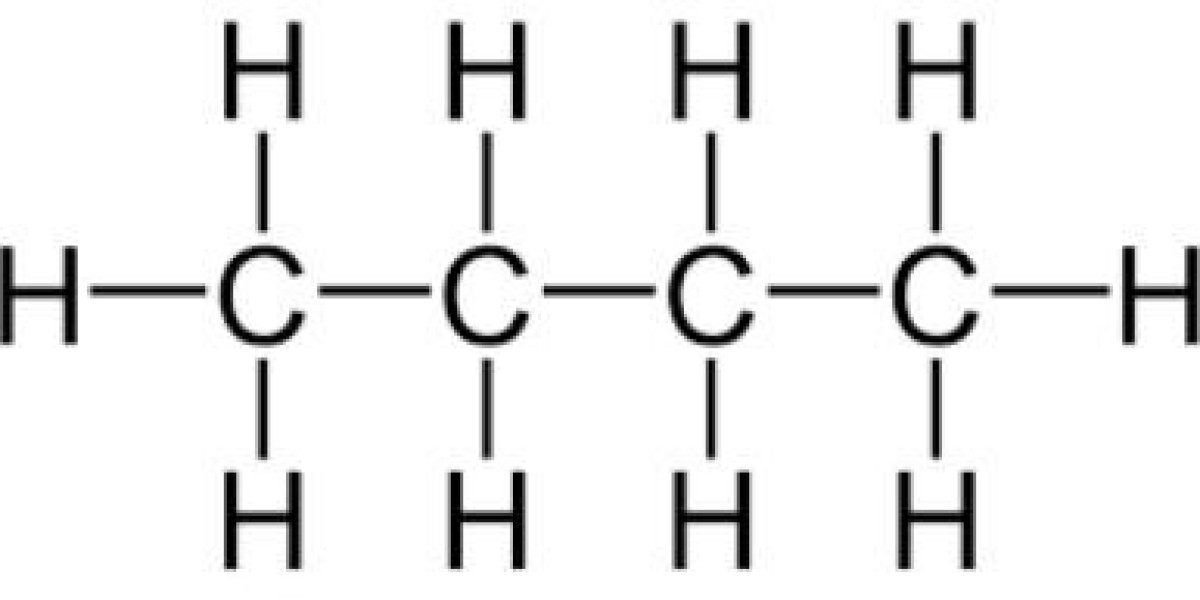Butane gas was first discovered by chemist Edward Frankland in 1849, and belongs to a larger hydrocarbon gas family, namely liquefied petroleum gas (LPG).
Nowadays, it is widely used in commercial and residential applications, providing fuel for products such as refrigerators, lighters, and aerosols.
Due to its high flammability, colorless, odorless, and easy liquefaction, it is clearly a popular gas.
However, one minor drawback of it is that it can only become a gas at a minimum temperature of minus 1 degrees Celsius, which means it is not suitable for outdoor use, especially in winter.
Therefore, if you plan to barbecue in winter or want to provide fuel for your terrace heater at temperatures below minus 1 degrees Celsius, you need to use propane gas.
In addition, when butane burns in the presence of oxygen, it can form carbon dioxide and water vapor.
However, if there is not enough oxygen during combustion, it will produce carbon monoxide, which is toxic and dangerous to inhale.
However, butane is not a greenhouse gas and therefore does not affect the ozone layer, making it environmentally friendly.
Now that we have an understanding of what butane is, let's take a look at its four common uses.
1. Portable grill/barbecue,
Butane gas is very popular among campers and summer barbecues because it is easy to transport.
At the same time, it can immediately light up and quickly reach maximum heat output, which means you don't need to wait for your grill to heat up - making it very easy to use. Just light it and you can start cooking!
Not only that, butane gas is a very cost-effective choice because it is cheaper than propane and generates 12% more energy during combustion.
To learn more about the benefits of using butane gas for barbecue, please click here.
2. Refrigerator
From a historical perspective, methane has been the main gas used in refrigerators.
However, people found that methane caused too much pressure on the Earth's ozone layer and was harmful to the environment, so they switched to using butane gas.
Simply put, butane gas is used as a refrigerant; A liquid that evaporates in a refrigerator, producing low temperatures.
Sometimes, gasoline is added to butane because it is called improving gas performance.
3. Aerosols
Most modern aerosols use butane gas as a propellant.
Its working principle is to place gas under high pressure, turning it into a liquid, so that a large amount of gas can be stored in a very small space.
Then, in the tank, the steam generated by the liquefied gas generates sufficient pressure to force the product to be discharged.
In addition, the more products used, the more propellant evaporates to maintain a constant pressure.
Therefore, this makes aerosols highly flammable and should not be sprayed near flames.
4. Lighter
Butane is used as a fuel for lighters because it can withstand the pressure it is compressed to.
In other words, the vapor pressure required for butane is very low, which means you can put it in a small plastic container, such as a lighter, without any danger.
When pressure is released through the valve, the liquid inside will quickly become a gas, which is easy to burn with the naturally occurring oxygen in the air.
In addition, as butane gas is a form of hydrocarbons, it does not damage plastics, making it very safe to use.
Last words
So you know the four most common uses of butane gas - it's very likely that you use these appliances every day without knowing which gas they use as fuel.
As always, no matter how you use butane gas, it should be used with caution as it is highly flammable and misuse can be catastrophic. To understand the hazards of using butane gas, please refer to our previous blog.







